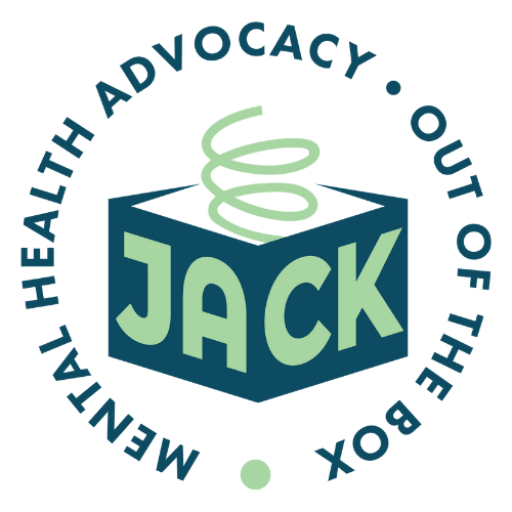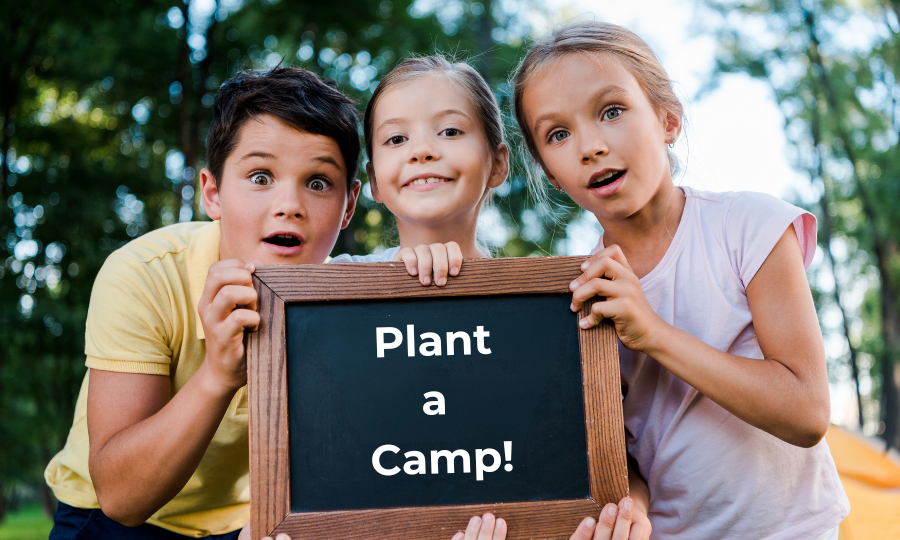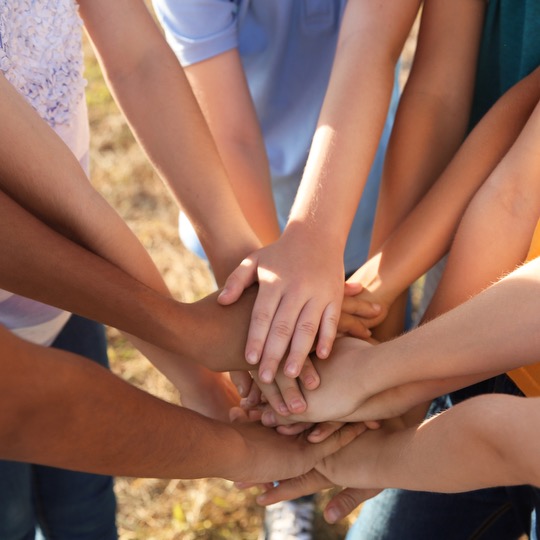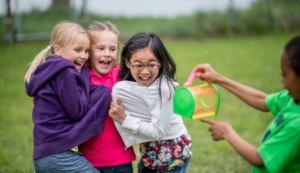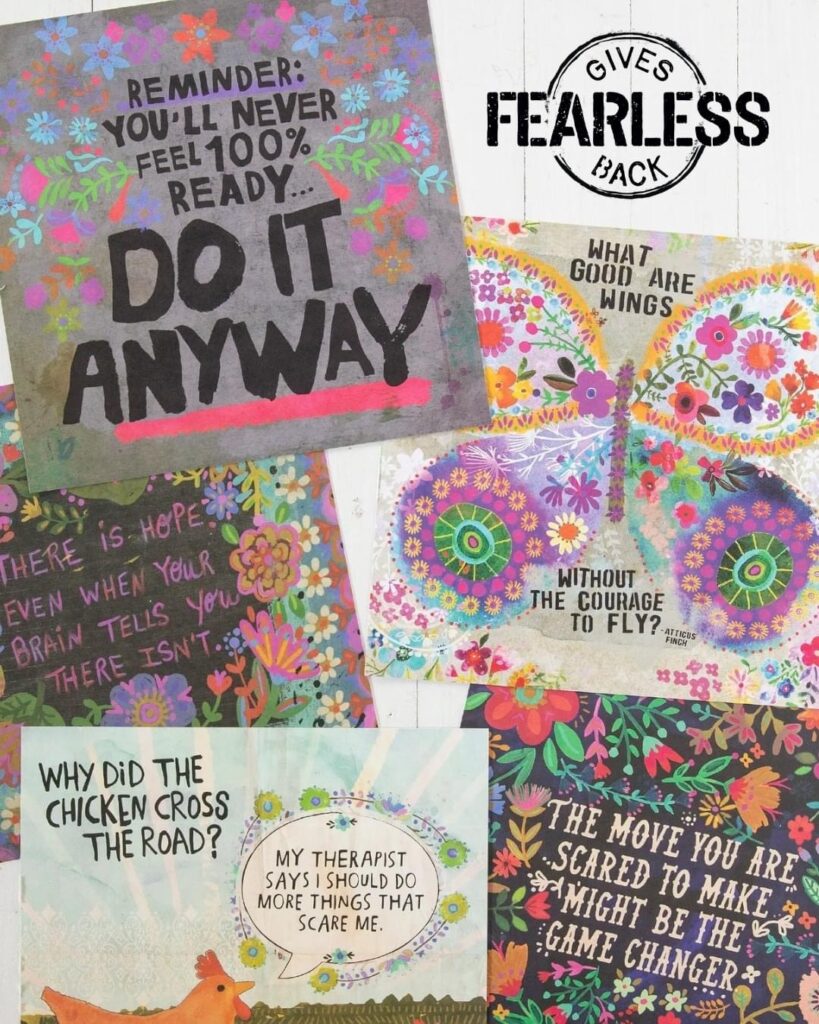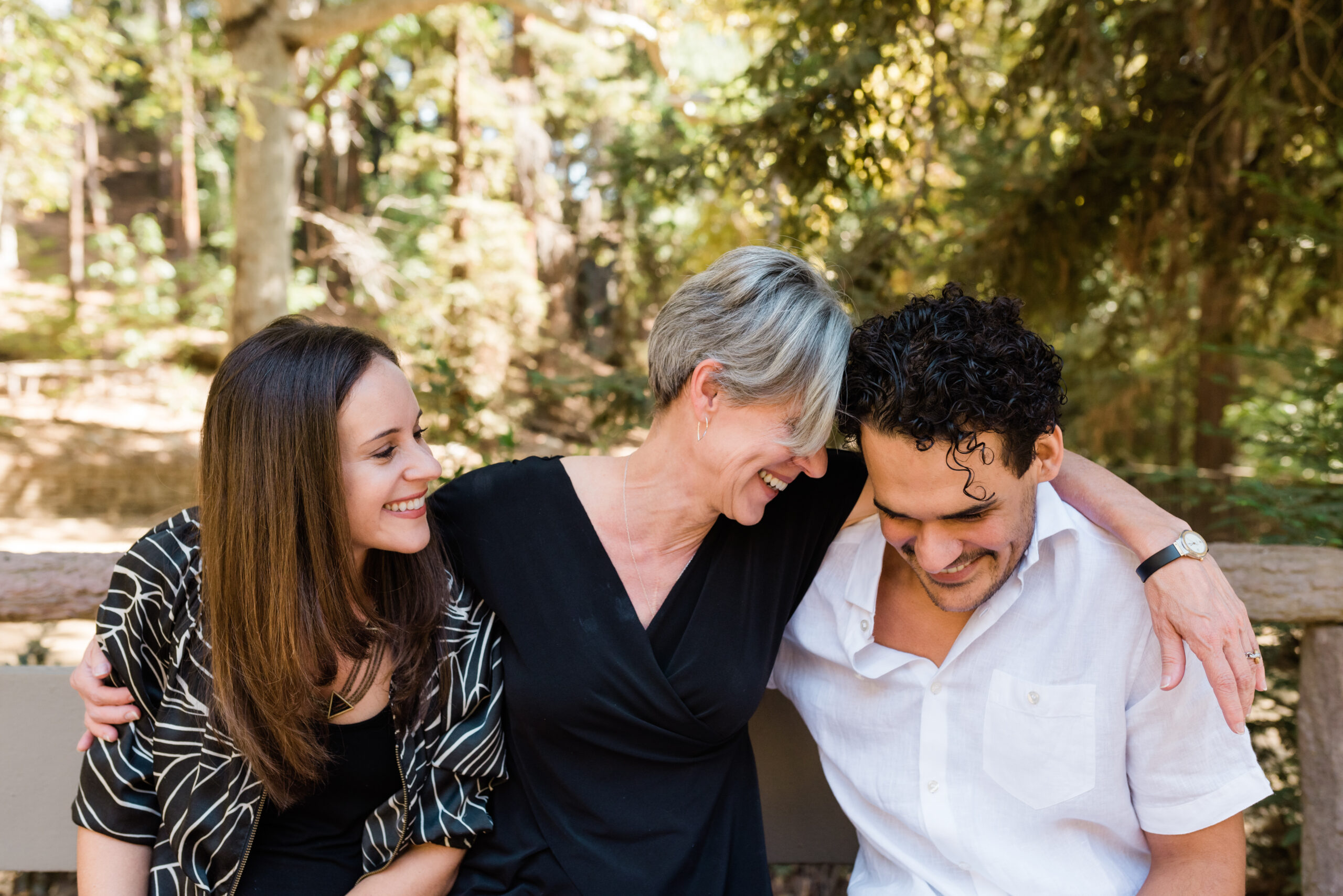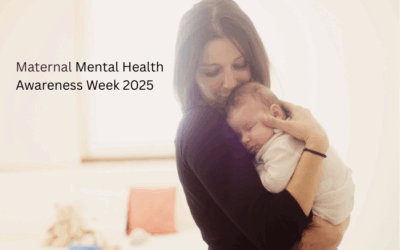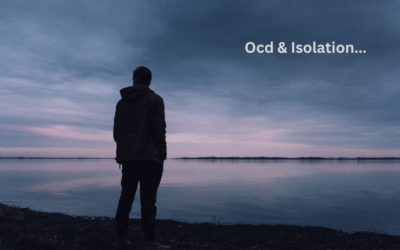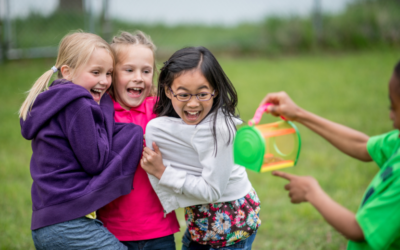This is Mental Health Awareness Month, and I’m sharing my experience working at a camp for kids with OCD and anxiety disorders. Learn why this kind of summer camp matters and how your purchase from the FEARLESS collection (at Natural Life) can help us plant more camps!
Working at a Camp for Kids with OCD and Anxiety
Splat! Another vomit-filled balloon hits me. How did I wind up running a summer camp, producing five-gallon buckets of fake vomit, only to have balloons hurled at me? Yet, as I glance at the camper responsible for the latest assault, I discern a mixture of panic and profound pride on their face. It all comes flooding back to me—why we’re here. This is the payoff for our camper’s tireless efforts throughout the week, facing their fears head-on.
This first-of-its-kind camp in Gainesville, FL, in 2017 was uniquely designed to help kids with Obsessive Compulsive Disorder (OCD). OCD is classified as obsessions, which are intrusive, unwanted thoughts that cause distress coupled with compulsions, which are repetitive behaviors or mental acts. The gold standard treatment for childhood OCD is Cognitive Behavioral Therapy with Exposure Response Prevention (CBT/ERP). These therapies are typically in one-on-one therapy sessions, often with parental involvement. However, barriers to access persist due to a shortage of providers proficient in ERP.
Challenges such as transportation, financial constraints, and childcare responsibilities hinder consistent, effective treatment. Moreover, children may feel apprehensive or ashamed about engaging in therapy. Therapeutic camps dissolve these barriers and enhance accessibility by reducing expenses and incorporating therapy into a fun, inclusive environment.
FEARLESS – Giveback Collection
Proceeds go toward funding the “Plant a Camp” program at JACK Mental Health Advocacy
Click to see the collection:
What Happens at Camp?
At camp, children meet peers who don’t judge their fears, actions, or thoughts as peculiar but rather find solace in knowing they’re not alone. A typical camp day may involve attending individual therapy and engaging in activities that challenge a variety of fears. One year, a camper had fears related to vomiting. A camp therapist came up with a fun exposure of creating “vomit pets.” Each day, the camper would feed the vomit pet, carry it around, and show it to others.
The chance to unite and rally one another as children confront their fears.
Other campers might struggle with social anxiety and would benefit from engaging in social exposures like introducing themselves to everyone and asking embarrassing questions. While certain activities might not provoke anxiety in some campers, they can be profoundly challenging for others. Nevertheless, in each activity, campers have the chance to unite and rally one another as they confront their fears. When camp started, many campers harbored shame regarding their fears. When departing, they not only felt accepted but had also triumphed over their greatest OCD battles.
Since I’ve seen this work and have had a deeply positive impact on the attending campers, I’m so thrilled to be a part of piloting the Plant a Camp Program in three key cities (Wisconsin, Atlanta, and New Orleans), putting more resources in areas where children may not be able to access the type of care they need.
This is a great start, but with OCD affecting 1 in 200 children, the demand remains substantial. Our hope at JACK Mental Health Advocacy is to plant camps nationwide. Your purchase from Natural Life’s Fearless collection (currently on sale!) can help us grow more camps like this!
I recall as the final vomit balloon burst against my back that year, the assembled campers, counselors, and therapists erupted into raucous cheers and applause. They were celebrating the bravery displayed by their fellow campers. Witnessing their repeated choice to confront adversity reminds me that enduring the discomfort of being drenched in vomit under the scorching Florida sun is a small price to pay. Especially if it means these campers return home knowing they are stronger than their OCD.
